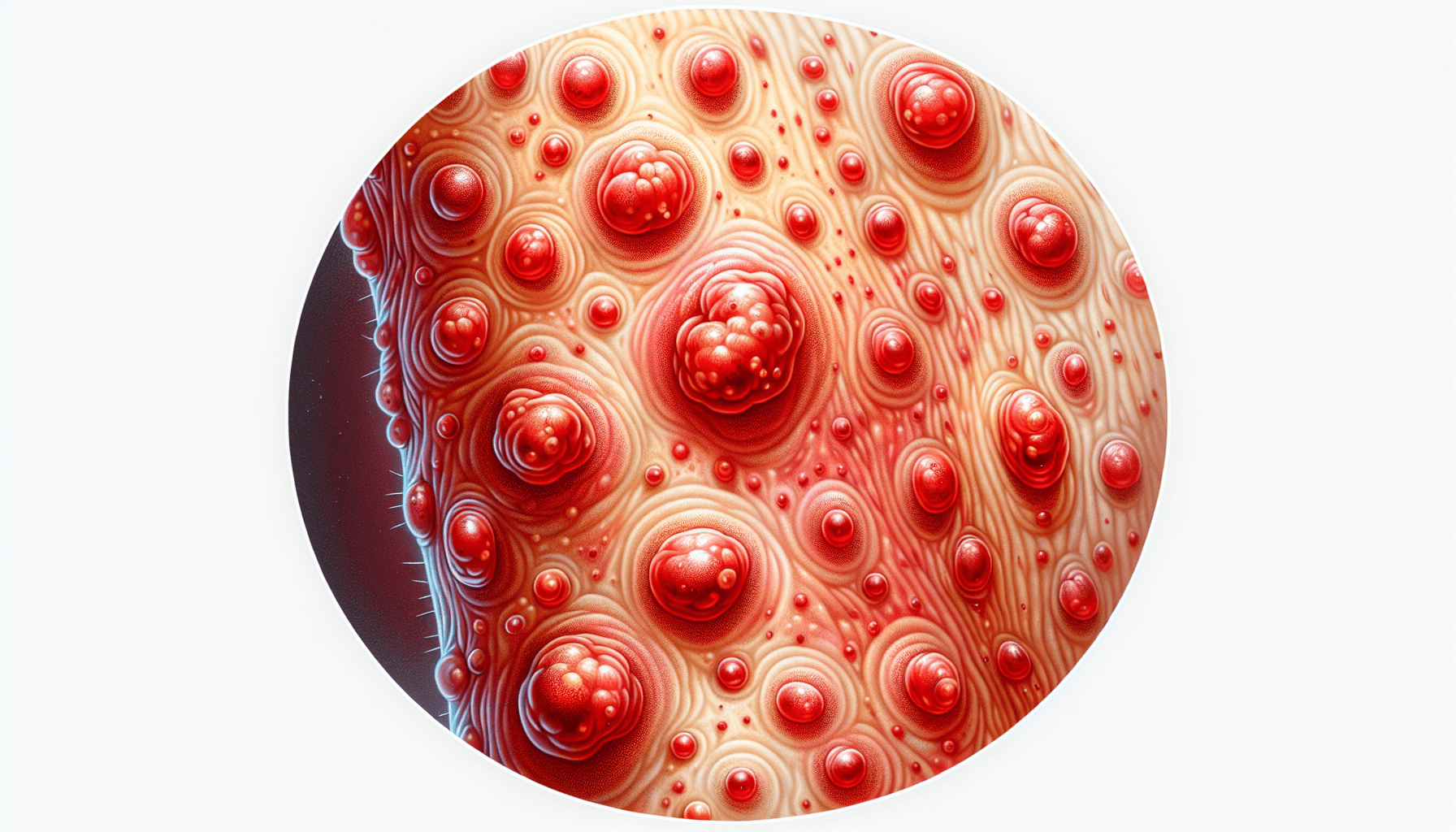Welcome to the world of skin conditions, where the itchiness of scabies may not always be the true culprit. If you’re experiencing persistent itching and rash-like symptoms, it’s important to consider alternative diagnoses such as eczema, allergic reactions, or even psoriasis. By exploring these possibilities with your healthcare provider, you can ensure you receive the proper treatment for your specific condition. Don’t let the discomfort linger – seek the right diagnosis and get back to feeling your best!
What Is An Alternative Diagnosis For Scabies?
Have you been experiencing itching and skin irritation that just won’t seem to go away? You may be wondering if scabies is the culprit, but what if it’s not? In this article, we will explore alternative diagnoses for scabies, so you can have a better understanding of what may be causing your symptoms.
Understanding Scabies
Scabies is a skin infestation caused by the Sarcoptes scabiei mite. This tiny mite burrows into the skin, laying eggs and causing intense itching and irritation. The classic symptom of scabies is a rash that is often accompanied by small blisters or bumps. It is highly contagious and can be spread through close physical contact with an infected individual.
If you suspect that you have scabies, it is important to seek medical attention promptly to receive a proper diagnosis and treatment. However, if your symptoms are not consistent with scabies, there may be other conditions that could be causing your discomfort.
Eczema
Eczema, also known as atopic dermatitis, is a common skin condition that causes inflammation, itching, and redness. It can be mistaken for scabies due to the intense itching and rash that both conditions produce. Eczema can be triggered by various factors, including environmental allergens, stress, and genetics.
If you have eczema, you may notice that your symptoms flare up in response to certain triggers, such as exposure to irritants or allergens. Unlike scabies, eczema is not caused by a mite infestation and is not contagious. Treatment for eczema may involve the use of moisturizers, topical corticosteroids, and antihistamines to reduce itching and inflammation.
Allergic Contact Dermatitis
Allergic contact dermatitis is a skin reaction that occurs when the skin comes into contact with a substance that triggers an allergic response. Common allergens that can cause contact dermatitis include nickel, fragrances, and certain chemicals. Symptoms of allergic contact dermatitis may include redness, itching, and blistering of the skin.
If you suspect that you have allergic contact dermatitis, it is important to identify and avoid the allergen that is causing your symptoms. Treatment may involve the use of topical corticosteroids, antihistamines, and oral corticosteroids for severe cases. Unlike scabies, allergic contact dermatitis is not caused by a mite infestation and is not contagious.
Psoriasis
Psoriasis is a chronic autoimmune condition that causes rapid skin cell growth, leading to thick, red patches of skin covered with silvery scales. Psoriasis can cause itching and irritation, similar to scabies, but it is not caused by a mite infestation. It is believed to be triggered by a combination of genetic and environmental factors.
If you have psoriasis, you may notice that your symptoms come and go in cycles, with periods of flare-ups and remission. Treatment for psoriasis may involve topical treatments, phototherapy, and systemic medications to manage symptoms and reduce inflammation. It is important to work with a healthcare provider to develop a treatment plan that best suits your needs.
Dermatitis Herpetiformis
Dermatitis herpetiformis is a skin condition that is characterized by itchy, blistering bumps that are typically located on the elbows, knees, and buttocks. It is considered a form of celiac disease, which is an autoimmune condition triggered by gluten consumption. Dermatitis herpetiformis is often misdiagnosed as scabies due to the similarity in appearance of the skin lesions.
If you suspect that you have dermatitis herpetiformis, it is important to undergo testing for celiac disease to confirm the diagnosis. Treatment may involve following a strict gluten-free diet to manage symptoms and prevent flare-ups. Unlike scabies, dermatitis herpetiformis is not caused by a mite infestation and is not contagious.
Tinea Corporis
Tinea corporis, also known as ringworm, is a fungal infection of the skin that can cause a red, circular rash with a raised border. It is highly contagious and can be transmitted through direct contact with an infected individual or contaminated objects. Tinea corporis can cause itching and irritation, similar to scabies, but it is caused by a fungus rather than a mite.
If you suspect that you have tinea corporis, it is important to seek treatment promptly to prevent the infection from spreading to other areas of the body or to other individuals. Treatment for tinea corporis may involve the use of antifungal medications, such as creams, lotions, or oral medications, to eliminate the fungus. Unlike scabies, tinea corporis is not caused by a mite infestation.
Conclusion
While scabies is a common skin infestation that can cause intense itching and discomfort, there are several alternative diagnoses that may be responsible for similar symptoms. By understanding these alternative diagnoses, you can work with a healthcare provider to receive an accurate diagnosis and develop an appropriate treatment plan.
If you are experiencing persistent itching and skin irritation, it is important to seek medical attention to determine the cause of your symptoms. Remember, early diagnosis and treatment are key to managing and alleviating skin conditions effectively. Don’t hesitate to reach out to a healthcare provider for assistance in identifying the underlying cause of your skin issues.
